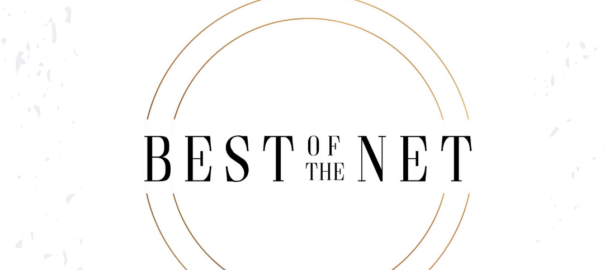reprinted with permission from www.workinprogressinprogress.com

We don’t expect an elevator pitch from a poet, but can you tell us about your work in 2-3 sentences?
I usually write a narrative poem that, along the way, dives into single moments and/or explores associations that arise as I write. I like poems that think-on-the-page, and find those especially fun to write.
Which poem/s did you most enjoy writing? Why? And which poem/s gave you the most trouble, and why?
I most enjoyed writing “For the Poet Who Writes to Me While Standing in Line at CVS, Waiting for His Mother’s Prescription” because the subject welcomed a wide range of material and emotion. It’s about those early months of the COVID quarantine, when I compulsively surfed the Internet for both information and distraction, which is how I got to reference both the royal family and snack food. It’s also one of the poems I most enjoy having written because it’s found a wide readership, especially in England and Ireland.
I most struggled with writing “At the Feet of Michelangelo’s David.” The ending originally included lots of facts about the statue’s long trek to the museum, and lots (and lots) of speculation on my part as to what that might have looked like to passersby. Eventually, I realized I needed to look again at the statue itself in order to find the poem’s final lines.
Tell us a bit about the highs and lows of your book’s road to publication.
First, the low: For four years I submitted The Odds manuscriptto all the best publishers and competitions, where sometimes it was a finalist or otherwise near-miss. I found this mostly encouraging, until the day that my dream publisher told me that The Odds had lost publication to one other book, essentially because my poems “sound too much alike.” This observation felt damning, and too accurate for comfort. So I gave upon The Odds. I turned my attention to a new-and-selected manuscript I’d begun a few years earlier; maybe that manuscript, instead, might be my fifth book. When, slowly and grudgingly, I returned to The Odds, I reordered the poems to highlight variation of subject, length, and form. I added poems I originally thought hadn’t fit. When Jan Beatty selected the revised The Odds as winner of the 2024 Laura Boss Narrative Poetry Award, I’d won the jackpot! Not only did a fabulous and accomplished poet select my work, but I had “grown as a poet.” Ultimately, the struggle was good for me and for my book. As a bonus, that new-and-selected manuscript is nearly complete, which also feels good.
What’s your favorite piece of writing advice?
“Follow the poem, don’t lead.” I’m all about discovering as you write, about welcoming unforeseen ideas, associations, images, sounds. If I begin a poem knowing where the poem will end, the poem hardly feels worth writing; it feels restricted to the conscious mind, closed to the subconscious. Discoveries add resonance and depth to the poem, and—really important for me—add fun to the writing process.
My favorite writing advice is “write until something surprises you.” What surprised you in the writing of this book?
Every poem includes something that I did not foresee, but, overall, I didn’t expect that the pandemic, either overtly or covertly, would appear so often in this book. I knew that I’d write about the passing of time, since I often do, but with The Odds I found myself feeling as if I were a historian, responsible for recording the quarantine years.
How did you find the title of your book?
I like a short book title because it’s easy for readers to remember. The Odds is my fifth full-length poetry collection and the odds were against this happening. The odds were against my living this long. Not coincidentally, I am drawn to writing about odd things, things that are unlikely subjects for poems. Also, I love the iamb, love it.
Inquiring foodies and hungry book clubs want to know: Any food/s associated with your book? (Any recipes you might share?)
A figure in one of the poems eats a granola bar. Salted cashews also appear. As for recipes, sorry. I’m better at recommending restaurants.
*****



 John Nizalowski is the author of four books: the multi-genre work Hooking the Sun; two poetry collections, The Last Matinée and East of Kayenta; and Land of Cinnamon Sun, a volume of essays. Nizalowski has also published widely in literary journals, most notably Under the Sun, Weber Studies, Puerto del Sol, Slab, Measure, Digital Americana, and Blue Mesa Review. Currently, he teaches creative writing, composition, and mythology at Colorado Mesa University.
John Nizalowski is the author of four books: the multi-genre work Hooking the Sun; two poetry collections, The Last Matinée and East of Kayenta; and Land of Cinnamon Sun, a volume of essays. Nizalowski has also published widely in literary journals, most notably Under the Sun, Weber Studies, Puerto del Sol, Slab, Measure, Digital Americana, and Blue Mesa Review. Currently, he teaches creative writing, composition, and mythology at Colorado Mesa University.













